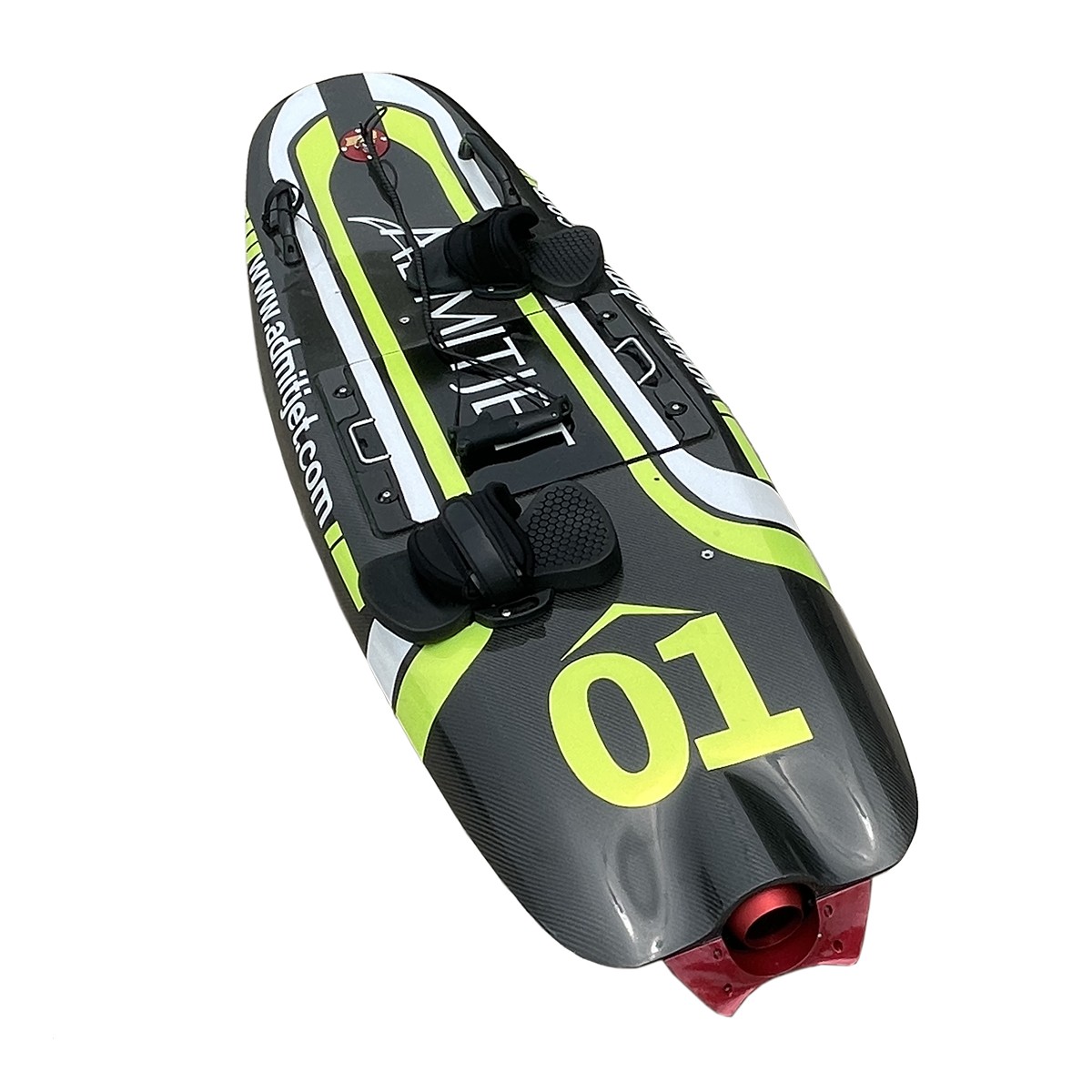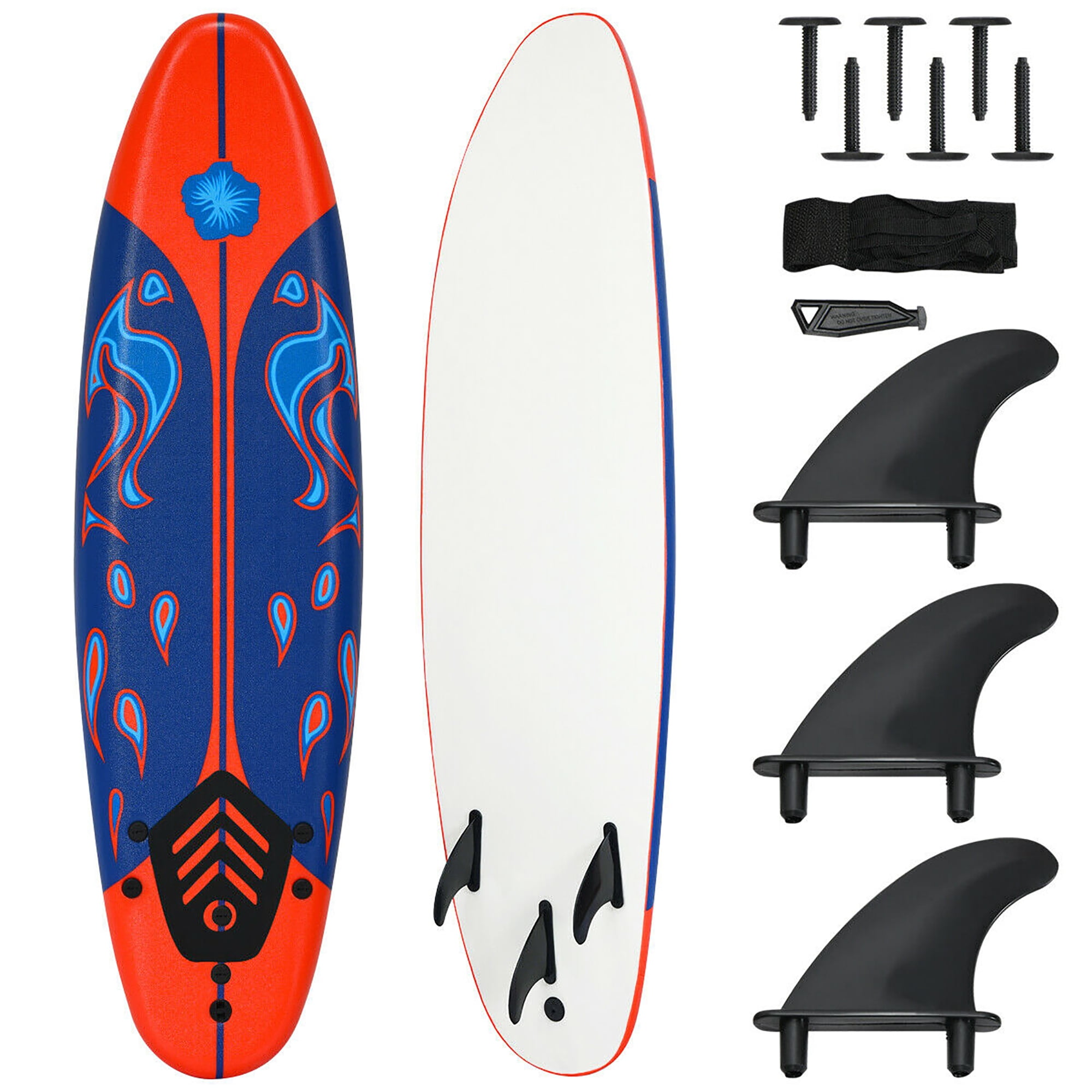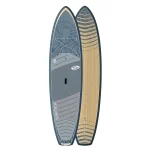The Surf Board Rental Market Overview
The surf board rental market is a vibrant industry. It attracts tourists and adventurers alike. As a seasonal business, it sees peaks during summer and holidays. The demand for rentals is high along coastlines with popular surfing spots. Understanding the market is crucial for success. Surf board rental businesses draw in beginners and seasoned surfers. The market offers growth opportunities. New surf technologies and eco-tourism trends affect rentals.
The rise in surf festivals and competitions also boosts demand. To thrive, stay informed about market changes. Keep an eye on surfing events and trends. They can impact customer flow. Tourism trends in your area also play a role. More tourists mean more business. Before diving in, research is key. Analyze competitors and identify your target audience. This market overview sets the stage for a profitable business venture.
Starting Your Surf Board Rental Business
Starting a surf board rental business requires strategic planning and a deep understanding of the market. From choosing the right location to understanding and complying with local regulations, each step sets the foundation for success. To help entrepreneurs break into the industry, we’ll outline crucial steps for starting a surf board rental business.
Choosing the Right Location
The success of your surf board rental business hinges on its location. Here are key factors to consider:
- Proximity to Popular Surfing Spots: Your rental should be near beaches where surfing is prevalent.
- Accessibility for Customers: Ensure your location is easy to find and access for those looking to rent boards.
- Visibility to Tourists: High foot traffic areas are ideal, as they increase the chances of rentals.
- Competition in the Area: Analyze your competition; strive for a location with less saturation but still popular among surfers.
Keep in mind that the right location can boost your rentals significantly, as convenience is a major factor for customers.
Understanding Local Regulations
Before setting up your shop, be aware of the local laws and regulations:
- Business Licensing: Obtain all necessary permits and licenses to operate legally.
- Safety Regulations: Follow any local requirements for business operation, particularly those related to water sports.
- Environmental Laws: Adhere to environmental guidelines to ensure your business is eco-friendly.
- Zoning Laws: Ensure your rental operation is in an area zoned for commercial activity.
Understanding and complying with these regulations is not only legal but also builds trust with your customers, who will appreciate a business that operates responsibly and ethically.

Inventory Management for Rental Success
For your surf board rental business to thrive, smart inventory management is crucial. It ensures that you meet customer demand without overspending on stock. Here are key strategies to help you succeed:
Selecting the Right Surf Boards
When buying surf boards for your inventory, think about your clients’ needs. Here are some tips:
- Diversity in Board Types: Offer a variety of boards to cater to different skill levels.
- Popular Brands and Models: Stock boards that are well-known and trusted in the surfing community.
- Durability: Choose boards that can withstand frequent use and are easy to repair.
- Cost-Effectiveness: Balance quality with affordability to maximize your investment.
The right mix of surf boards will keep both beginners and pros coming back.
Maintenance and Upkeep
A well-maintained fleet is key for customer satisfaction and repeat business. Here’s how to maintain your surf boards:
- Regular Checks: Inspect boards for damage after each rental.
- Prompt Repairs: Fix any issues immediately to avoid worsening the damage.
- Cleanliness: Keep boards clean to extend their life and appeal to customers.
- Record Keeping: Track maintenance schedules and repairs to manage costs.
Proper maintenance will ensure your surf boards remain in top condition, ready for the waves.
Pricing Strategies for Rental Services
Effective pricing strategies are crucial for maximizing profits in your surf board rental business. Setting the right prices affects how competitive you are in the market and how appealing your services are to customers. Here are strategies to consider when pricing your rentals.
Competitive Pricing Models
When setting prices, it’s important to consider what others in the surf board rental market are charging. Research competitor prices. Then position your rates to offer value while ensuring profitability. Here’s how:
- Market Research: Look at the rates of nearby rentals. Use this information to set competitive prices.
- Value Proposition: Define what makes your service unique. Price accordingly to help customers perceive the added value.
- Flexible Options: Offer different pricing tiers based on board type and rental duration. This caters to various customer needs.
- Packages: Create packages that bundle rentals with lessons or other services. Set attractive prices for these deals.
By choosing a pricing model that delivers value while staying competitive, you appeal to a wider audience and encourage repeat business.
Dynamic Pricing based on Seasons and Demand
Seasonal changes and fluctuating demand impact the surf rental industry. Implement dynamic pricing to optimize profits. Here are key points to guide you:
- Peak Season Rates: Price higher during busy times like summer or holidays when demand surges.
- Off-Peak Discounts: Offer lower rates in slow periods to attract business.
- Special Promotions: Run promotions during events or surf competitions to increase rentals.
- Flexibility: Monitor market trends and adjust prices as needed to stay competitive and profitable.
Adjusting prices with seasons and demand means you can maximize profits when business is booming and maintain a steady flow of customers all year round.

Marketing Your Surf Board Rental Business
Marketing is key to the success of a surf board rental business. With effective strategies, you can attract more customers and build a strong brand identity. Focus on creating an impact with a comprehensive plan that covers online presence and social media engagement.
Building a Strong Online Presence
To reach potential customers, your surf board rental needs a strong online presence. Here are some steps to ensure visibility:
- Design a User-Friendly Website: Create a website that is easy to navigate, with clear information about your offerings.
- SEO Optimization: Use the keyword ‘surf board rental’ to improve your search engine rankings.
- Local Listings: Register your business on local directories and Google My Business.
- Customer Reviews: Encourage satisfied customers to leave positive reviews online.
A robust online presence helps customers find you easily and learn about your rental services.
Leveraging Social Media
Social media is a powerful tool to connect with your audience. Use these platforms to your advantage:
- Engaging Content: Post regular updates about surf conditions, new inventory, or promotions.
- Visual Appeal: Share eye-catching images and videos of your boards and customers.
- Interactive Campaigns: Run contests or polls to encourage user participation.
- Community Building: Engage with local surfers and groups to promote your business.
By leveraging social media, you can create a vibrant community around your surf board rental business, driving both interest and rentals.
Enhancing Customer Experience
To stand out in the surf board rental market, enhancing the customer experience is essential. Happy customers are likely to return and spread the word about your service. Focus on adding value beyond the basic rental transaction. Customer experience can set your business apart and drive growth. Emphasize customer satisfaction in every interaction. Ensure that each customer leaves with a positive impression of your rentals.
Offering Additional Services and Packages
Consider offering extra services to enrich the customer’s experience. Here are a few ideas:
- Lessons for Beginners: Partner with local instructors to provide lessons. This is great for those new to surfing.
- Guided Surf Tours: Offer guided tours for a unique experience. It can help surfers explore new spots safely.
- Equipment Bundles: Create packages that include wetsuits and other gear. It adds convenience for your customers.
- Loyalty Programs: Reward repeat customers with discounts or free rentals. This encourages them to keep coming back.
By offering packages and additional services, you cater to a broader range of needs. This increases customer satisfaction and can make your business the go-to place for surf enthusiasts.
Ensuring Safety and Providing Instructions
Safety is crucial in any water sport. Make it a priority in your surf board rental business. Here’s how:
- Safety Gear: Offer life vests and other safety equipment. It shows that you care about your customers’ well-being.
- Clear Instructions: Provide safety instructions for all levels of surfers. Even experienced surfers appreciate tips on local conditions.
- Emergency Plans: Have emergency protocols in place. Make sure staff know how to respond if a situation arises.
- Customer Education: Teach customers about ocean safety and etiquette. Knowledgeable staff can share valuable insights.
By ensuring safety and providing clear instructions, you not only protect your customers but also establish trust and reliability within the community. A business that puts safety first can build a positive reputation that enhances customer loyalty and satisfaction.

Managing Finances and Operations
Efficient management of finances and operations is the backbone of a successful surf board rental business. Managing your cash flow wisely, and operating smoothly ensures sustainability and profitability. Here’s what you need to focus on:
Streamlining the Booking Process
Make it easy for customers to rent surf boards with a streamlined booking process. Here’s how to do it:
- Online Reservation System: Implement an online system where customers can reserve boards anytime.
- Mobile-Friendly Booking: Ensure your website works well on mobile devices.
- Quick Check-In: Design a fast check-in process for customers when they arrive to pick up their boards.
- Payment Options: Offer various payment methods, including credit cards and digital wallets.
By simplifying the rental process, you’ll provide a better experience for customers and manage your rentals more efficiently.
Tracking Expenses and Revenue
Keep a close eye on your finances for smarter decision-making. Use these tips for effective financial tracking:
- Expense Records: Log every purchase and operational cost.
- Revenue Tracking: Monitor your daily, weekly, and monthly earnings.
- Budgeting: Set a budget to control spending and increase savings.
- Financial Software: Use accounting software to track finances accurately and easily.
Proper financial monitoring helps you understand cash flow, predict trends, and make informed business choices. Staying on top of finances is key to driving your surf board rental business forward.


